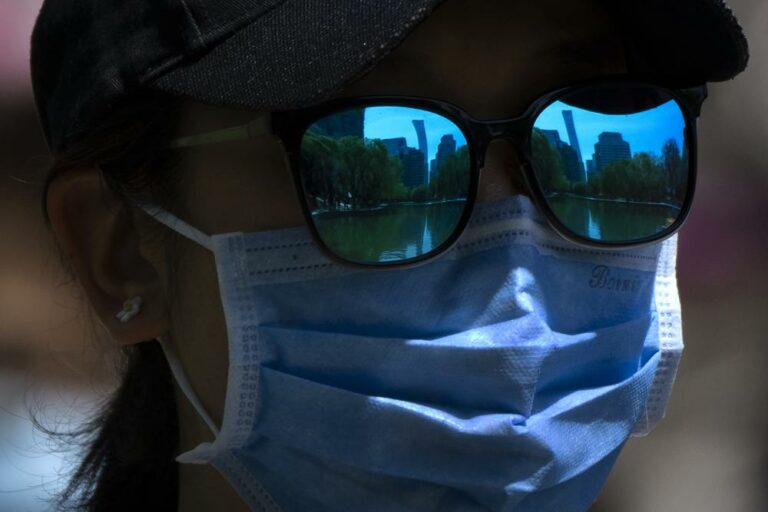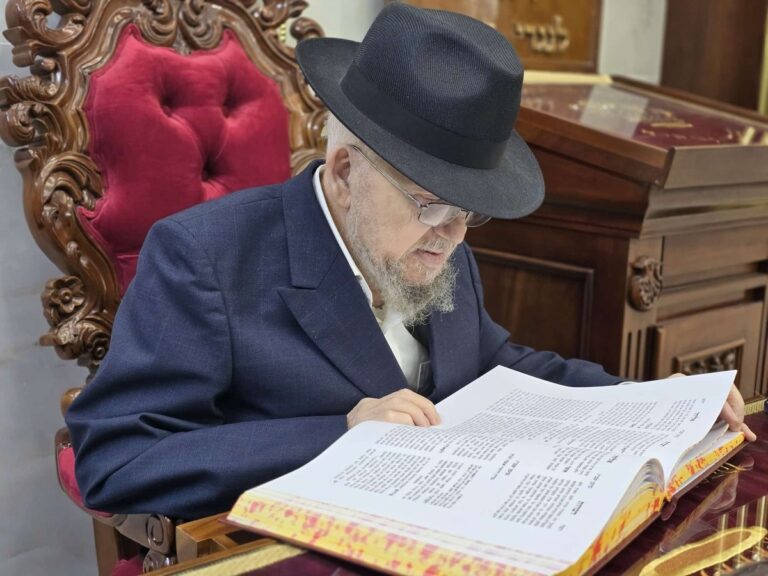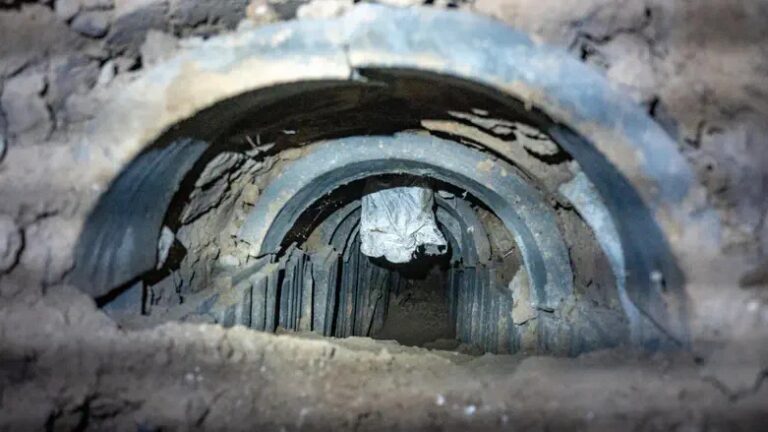An Iranian opposition leader who ran in a disputed 2009 presidential election and his activist wife have tested positive for the coronavirus while under house arrest, the semi-official ILNA news agency reported Sunday.
The report came as authorities announced a stricter two-week lockdown set to begin Saturday for some 100 cities and towns to prevent the spread of the coronavirus. Daily death tolls in Iran have spiked to their highest-ever levels in recent weeks.
Mir Hossein Mousavi lost the 2009 race to former hard-line President Mahmoud Ahmadinejad. Allegations of vote-rigging sparked huge protests, leading to a wide-scale crackdown on dissent.
Mousavi and his wife Zahra Rahnavard have been under house arrest since 2011 in the capital, Tehran. They both endorsed President Hassan Rouhani, a relatively moderate cleric, ahead of his successful 2013 run for office.
ILNA said a person close to the family confirmed the couple had contracted the virus, but that they were in good condition and receiving the necessary care. The report said the two were tested after they began feeling symptoms.
During their house arrest, Mousavi and Rahnavard are reportedly allowed occasional visits from their family and certain close political friends.
Rouhani, already under fire from hard-liners over Iran’s unraveling nuclear deal, faces criticism from reformists for not freeing the pair as promised in his 2013 and 2017 campaigns. The terms of their house arrest have loosened in recent years.
Iran has been struggling to fight the worst coronavirus outbreak in the Middle East, with more than 762,000 confirmed cases. It has seen over 41,400 deaths and 558,800 recoveries.
Starting this Saturday — the first day of Iran’s workweek — only medical centers, grocery stores and other “necessary production sectors and necessary services” would be allowed to remain open, Cabinet spokesman Ali Rabiei said. Governmental workplaces would operate with only one-third of their employees.
The restrictions would be implemented in some 100 high-risk localities designated “red status” that have a high number of confirmed cases and deaths.
Rabiei said the lockdown could be extended beyond two weeks if it fails to get the virus under control.
The government had recently resisted shutting down the country in an attempt to salvage an economy cratered by unprecedented American sanctions, which effectively bar Iran from selling its oil internationally. The Trump administration reimposed sanctions in 2018 after withdrawing from Tehran’s nuclear deal with world powers.
Earlier this week, authorities ordered a month-long nightly business curfew in Tehran and 30 other major cities and towns, asking nonessential shops to keep their workers home. Still, enforcement in the sprawling metropolis remains a challenge.
(AP)











